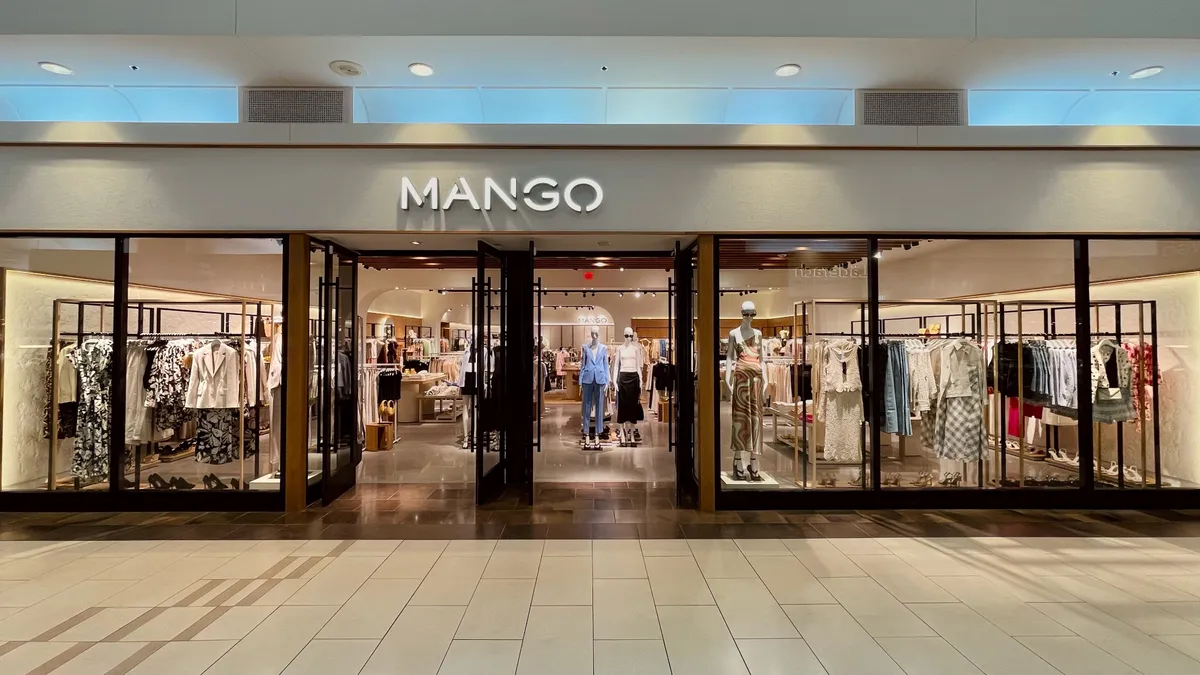Warehouse picking has long been the thorn in the side of the fully automated warehouse.
"Humans are way better at the simple task of looking at something, seeing, 'oh that's what I actually want,' and then grasping it," said Jennifer Pazour, associate professor of industrial and systems engineering at Rensselaer Polytechnic Institute. "It's one of the first things toddlers learn how to do."
Humans are also better than robots at recognizing how to grasp something without damaging it, she added.
However, the automated picking technology is getting better — and fast. According to the 2021 MHI Annual Industry Report, which was conducted with Deloitte, supply chain professionals see the following top uses for robotics and automation revolving around warehouse movements such as:
- Picking/packing/sorting orders (42%)
- Loading/unloading/stacking (34%)
- Material/product movement within a facility (30%)
In addition, 15% of respondents anticipate fully automated warehouses.
"The rate that I'm seeing technology and automation being deployed far exceeds anything that I've seen in my 35 years of experience," said Chris Riemann, managing director of supply chain and network operations at Deloitte.
E-commerce retailers have no choice. Online sales have grown, which requires warehouses to quickly pick and fulfill orders. Warehouse workers are coming back onto the job, but there's still a labor shortage, Reimann said. Plus, customer demands have changed.
It used to be that "you'd call into a call center, they would take your order, and five to seven days later it would show up on your doorstep. Now you go into your smartphone and the expectation is you're going to get it tomorrow," he said.
Supply Chain Dive looked at four startups that are working in the automated picking space. We set a few parameters in who we chose to highlight. The startup had to be located in North America, be less than seven years old and have under $1 billion in funding according to Crunchbase data. The startup still must also be in startup phase and not been acquired or formed an IPO.
inVia Robotics
Funding: $29 million | Founded: 2015
The inVia Robotics system "optimizes routine, manual, and generally inefficient warehouse tasks, including picking, replenishment/returns and sortation," Lior Elazary, inVia Robotics co-founder and CEO wrote in an email.
That system includes inVia Picker Robots, which can increase productivity by four to five times, Elazary said. It also includes inVia Logic, which calculates and synchronizes inventory movement, and inVia SmartPath, which identifies the optimal route for retrieving inventory.
inVia is currently being used by Cargo Cove, GnarlyWood and Wagner Logistics. The company also offers its products through a monthly subscription service, including the robots, in a Robotics-as-a-Service model.
"Customers can start by just implementing inVia Logic to optimize an existing workforce," Elazary said.
XYZ Robotics
Funding: $28 million | Founded: 2018
The XYZ Robotics picking robot can sort 900 pieces of products per hour. It does so via a 3D vision system, advance motion planning and an "adaptive switching of suction cups or grippers based on the SKU geometry and material property, broadening the range a single workstation can handle," according to the company website, with a single switch speed of 0.6 seconds.
In a holiday shopping volume test, the picking robot was also 99.9% accurate, according to The Robot Report.
"From mobility to grasping, robots' capabilities are getting closer to [those of] human beings," said Runze Chen, a vice president at Source Code Capital, a series A+ funder. "More data, better algorithms, and growing compute power will enable more robots in various scenarios."
Pickle Robot Co.
Funding: $5.75 million | Founded: 2018
The Pickle Robot system, which is called Dill (of course), sorts packages and will soon unload trailers using "a unique combination of [artificial intelligence], computer vision, and motion planning technologies to handle the variety and complexity of warehouse tasks," Dan Paluska, co-founder and vice president of the company, wrote in an email.
Dill is designed to work with people to increase performance and throughput for package handling.
Dill can also be "retrofitted into existing operations with minimal integration and customization, leading to fast install and quick ROIs," he said.
Paluska wouldn't disclose who Pickle is working with, but said its "sortation system has been deployed in production to several East Coast fulfillment warehouses since November 2020."
RightHand Robotics
Funding: $34.4 million | Founded: 2014
RightHand Robotics' solution is the RightPick, an autonomous piece-picking solution that works with logistics and existing manual or automated systems to provide "businesses with a vital productivity boost as part of a lean and highly efficient material handling process," Vince Martinelli, head of product and marketing at RightHand Robotics, wrote in an email.
The RightPick 3, the latest iteration, is "the world's first autonomous piece-picking solution designed from the ground up to be integrator-friendly with a modular, industrialized hardware design, well-defined software APIs and international compliance," he wrote.
Right now, the company is working with Paltac Corporation, which is Japan's largest wholesaler of consumer packaged goods, and Apologistics GmbH. The robotics company recently announced the opening of its RightPick Center Europe in Nürnberg, Germany.
Correction: A previous version misstated the function of inVia SmartPath and the funding of Pickle Robot.
This story was first published in our weekly newsletter, Supply Chain Dive: Operations. Sign up here.





















